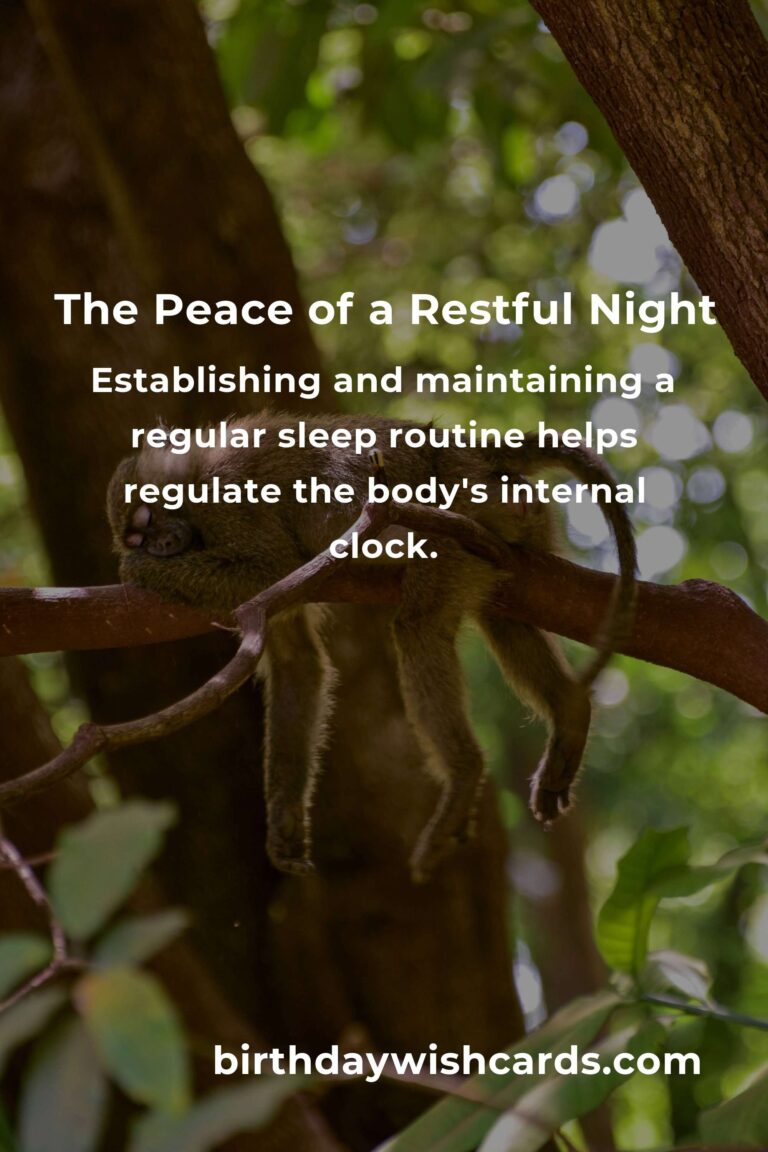
Retirement is often painted as the golden age of relaxation and leisure, a time when the alarm clock no longer dictates the day, and sleep can be embraced as a gentle journey rather than a hurried necessity. Yet, for many retirees, achieving a good night’s sleep can feel as elusive as ever. The irony is not lost on those who yearn for peaceful slumber but find themselves tossing and turning, night after night.
Understanding the Sleep Struggles of Retirement
As we age, our bodies change in ways that can significantly affect sleep patterns. Sleep may become lighter, with more frequent awakenings throughout the night, and the deep, restorative sleep that was once taken for granted may seem more difficult to achieve. This can lead to feelings of fatigue, irritability, and even impact overall health, making it crucial to address sleep issues with empathy and understanding.
Crafting a Sleep-Inducing Environment
Creating a sanctuary for sleep is a powerful step towards better rest. Consider the aesthetics and comfort of your sleeping space. Is your mattress supportive yet inviting? Are your sheets soft and conducive to relaxation? The color palette of your bedroom can also play a role; soothing tones such as blues and greens can promote calmness.
Consider the lighting in your room. Dimming the lights in the evening can help signal to your body that it’s time to wind down. Blackout curtains can block disruptive streetlights or early morning sun, helping to maintain a consistent sleep environment.
The Power of Routine
Routine is a familiar friend that can guide our days and nights. Establishing a consistent sleep schedule can help regulate your body’s internal clock, making it easier to fall asleep and wake up naturally. Try to go to bed and wake up at the same time every day, even on weekends.
In the hours leading up to bedtime, engage in calming activities that signal to your body that it’s time to relax. This might include reading a favorite book, listening to gentle music, or practicing mindfulness through meditation or deep-breathing exercises.
Mindful Nutrition and Sleep
What we consume can have a profound effect on sleep quality. Heavy meals, caffeine, and alcohol can all interfere with the body’s ability to rest. Instead, opt for a light snack if hunger strikes before bed. Foods rich in tryptophan, such as turkey or nuts, can promote sleepiness.
Hydration is important, but try to limit fluid intake in the evening to reduce the likelihood of nighttime awakenings for bathroom trips.
Exercise: A Sleep Ally
Physical activity is a cornerstone of a healthy lifestyle and can vastly improve sleep quality. Regular exercise, even in moderate forms like walking or stretching, can help you fall asleep more quickly and enjoy deeper sleep. However, timing is important; aim to complete vigorous workouts at least a few hours before bedtime to avoid overstimulation.
Addressing Sleep Disorders
Sometimes, sleep disturbances can be caused by underlying health conditions such as sleep apnea or restless leg syndrome. If sleep issues persist despite lifestyle changes, it may be beneficial to consult a healthcare professional. They can provide guidance tailored to your specific needs, ensuring that you receive the right support.
The Emotional Impact of Sleep
Sleep is deeply intertwined with our emotional well-being. Poor sleep can exacerbate feelings of anxiety or depression, while a good night’s rest can enhance mood and cognitive function. Recognizing the emotional component of sleep encourages a holistic approach to improving sleep quality.
Embrace the Peace of Night
Remember, improving sleep quality is a journey, not a destination. Be patient with yourself as you try different strategies to find what works best for you. Retirement is a time to savor life at a different pace, and with consistent effort, restful nights can become a cherished part of this new chapter.
Retirement offers the promise of rest, but achieving quality sleep can be challenging.
Creating a calming sleep environment is crucial for a restful night.
Establishing and maintaining a regular sleep routine helps regulate the body’s internal clock.
Mindful nutrition and regular exercise are key components of better sleep quality.
Addressing potential sleep disorders with professional help can make a significant difference.
#SleepQuality #RetirementWellness #PeacefulNights #HealthyAging #RestfulSleep












